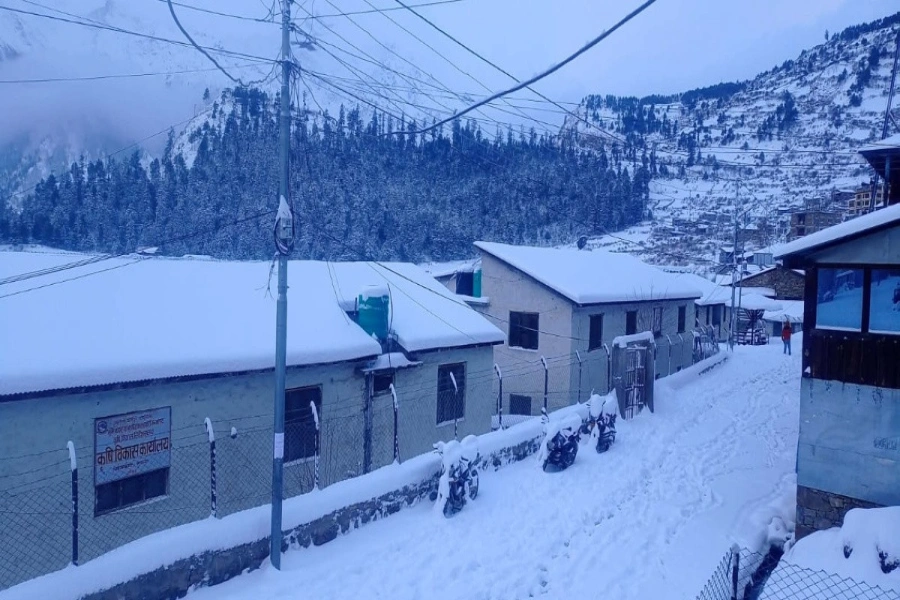The progress made in terms of forming the transitional justice-related bodies should have brought a sense of happiness among the conflict victims, who have waited for years to get justice. However, controversies began shortly after the Recommendation Committee, formed earlier to recommend potential candidates to fill the vacant positions of office bearers of transitional bodies, released its shortlist. There are concerns that many of the candidates deemed equally, if not more, qualified are not included in the shortlist released by the Recommendation Committee. Among the conflict victims' fraternity, this has raised suspicion about whether the ruling parties have already reached an agreement on who to appoint to the Truth and Reconciliation Commission (TRC) and the Commission of Enforced Disappeared Persons (CIEDP). These two bodies are mandated to conclude the unfinished task of transitional justice that has been pending almost for two decades since the government and the then-rebel Maoists reached the Comprehensive Peace Accord. The controversy seen at this early stage of the formation of TRC and CIEDP does not augur well. The government bodies concerned and the ruling parties must address the concerns of the victims to win their confidence, which would help make it easier to smoothly address the issues related to transitional justice.
One of the main reasons why none of the work is completed on time in our country is the lack of appointment of the right person in the right place. In most cases, the candidates appointed in such bodies lack ability and competence to fulfill responsibilities after being appointed. This eventually erodes the credibility of the organization itself. Democratic countries move forward by giving responsibilities to competent people on the basis of competition. In our country, party affiliation has become a major requirement rather than competence. This is why many tasks have not been completed on time. The committee formed to recommend office bearers to the TRC and CIEDP has recently made the list of shortlisted candidates public, while requesting anyone to provide feedback or comments on the names included in the list. Several organizations of victims and civil society members have expressed concerns over the shortlist of candidates made by the Recommendation Committee, formed under the chair of former Chief Justice Om Prakash Mishra. Many have commented that among the names made public by the committee, there are several candidates who do not have any experience or expertise in the field of transitional justice. Some have also expressed doubts about the recommendation committee itself, alleging political bias in selecting candidates for the shortlist process. The most sensitive concern is that, under one pretext or another, the leadership of such commissions will once again be placed in the hands of political activists.
Conflict victims threaten to ask UN to intervene in TJ process

Transitional justice has become one of the most discussed topics in Nepal. The main reason for this is that even after more than two decades since the Maoists renounced violent activities and entered mainstream parliamentary politics, the victims have not received justice and the perpetrators remain unpunished. The recent controversy surrounding the appointment of office bearers' positions within the TJ bodies has further deepened disappointment among the conflict victims. Transitional justice cannot be treated as a joke. Nor is it a retirement platform for anyone. If the parties are looking for a place to house their cadres who were denied election tickets or managed elsewhere, they must understand that these commissions are not appropriate places for such purposes. Appointing politically affiliated individuals to these commissions will only repeat past failures, turning them into platforms for drawing allowances without delivering results. If the current government fails to recognize this, the transitional justice process will once again be delayed, leading to a gross injustice for conflict victims who have already endured prolonged suffering.



































